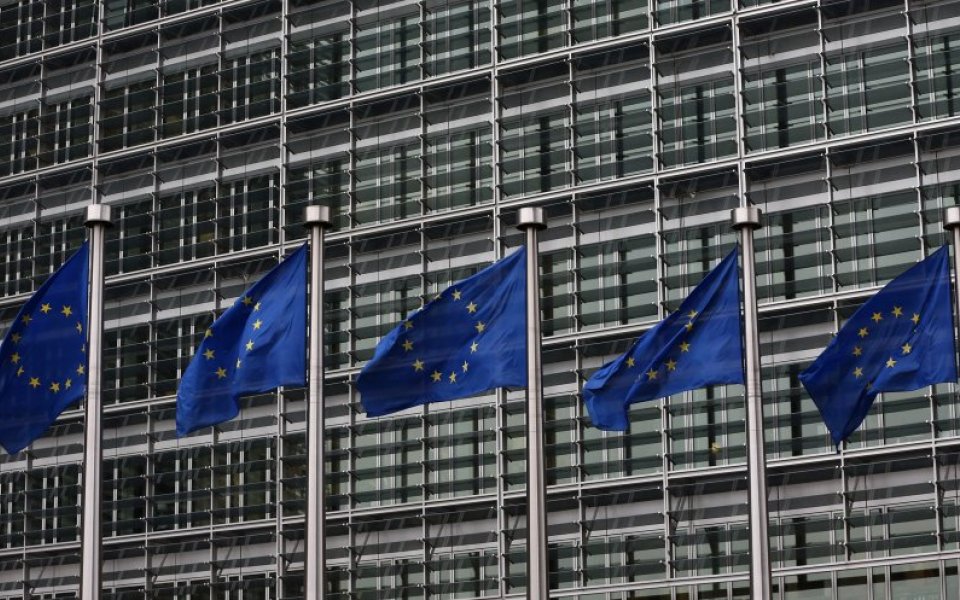How business can talk about Europe without getting its hands burnt

It's easy to see why business voices might try to steer clear of the EU referendum debate that looks set to dominate the politics of 2016. Getting involved in such an emotional, partisan and polarised campaign carries more than its fair share of risks. No sensible executive wants to get into a political argument if it can be avoided – and some may still be nursing bruises from the hard-fought independence referendum in Scotland.
A new publication from think tank British Future published today, however, argues that there is a clear and useful role for business in contributing to an informed debate on Europe.
In a vote like the EU referendum, the economic aspects of the choice are of central importance. Campaigners on all sides will therefore want to show business support for their point of view. Voters are going to want to know what their choice will do to their own financial prospects and those of their community. It is reasonable to think they may look to the business community to help them decide.
So there is a clear case for being involved. The question should be one of how business can engage on the right terms.
The business community will need to understand what voters want to know from them, what business can tell them, and how to get the message across. Boards will need to decide what, if anything, they want to say about the issues that the campaign will raise, and they will need serious analysis to make a sensible decision.
Business has a legitimate role in the public debate as a trusted voice on jobs, growth and investment, and it should stick to those areas where it has a locus of expertise and credibility. It can also, in this capacity, help to identify the questions that need to be answered about what In or Out will mean.
The voters who will determine the result of this referendum are those who are currently undecided – what British Future has dubbed the “anxious middle”. It is the legitimacy of the business voice with this group, not with the passionate Eurosceptics nor the pro-Europeans, that should guide how firms engage in the debate.
These are not ideological voters. The practical consequences of their vote will determine their decision. They are less likely to trust the campaigners on each side and they will be looking for accurate and neutral information from sources they can believe. This is where business will need to play its part.
There is a challenge here: not only does business need to find out what the voters want to know, it also needs to find ways of communicating effectively with them. Business should never presume to tell voters how to vote – and there will, in any event, be business voices on both sides of the debate.
It should also stick to what it knows best: voters will not only be concerned about the economy but also about identity, sovereignty and other issues on which business may have little to say.
But the impact of our referendum choice on Britain’s economy is something that voters are concerned about. It is something that business voices can comment on with some expertise. It is, therefore, the business of business.